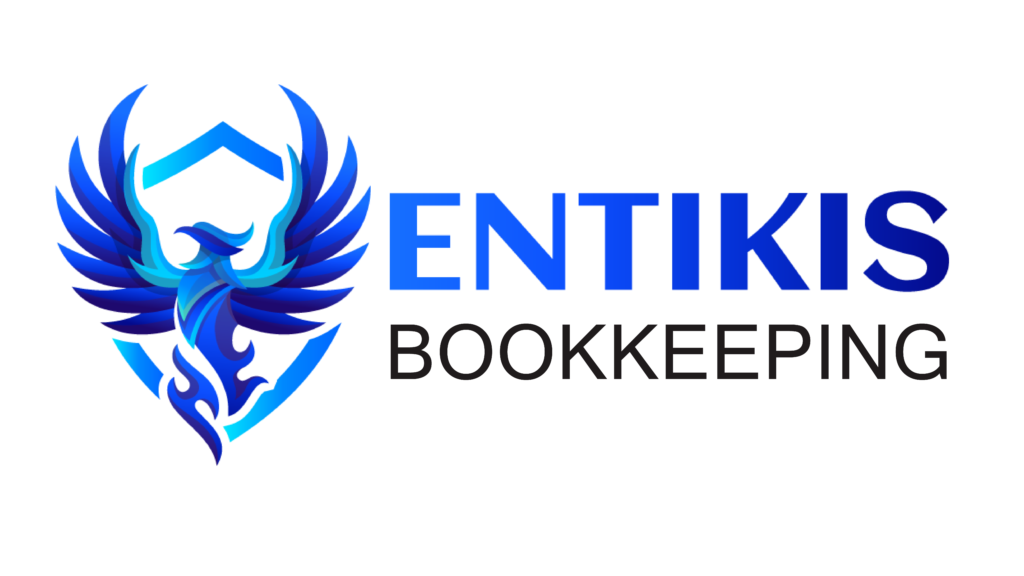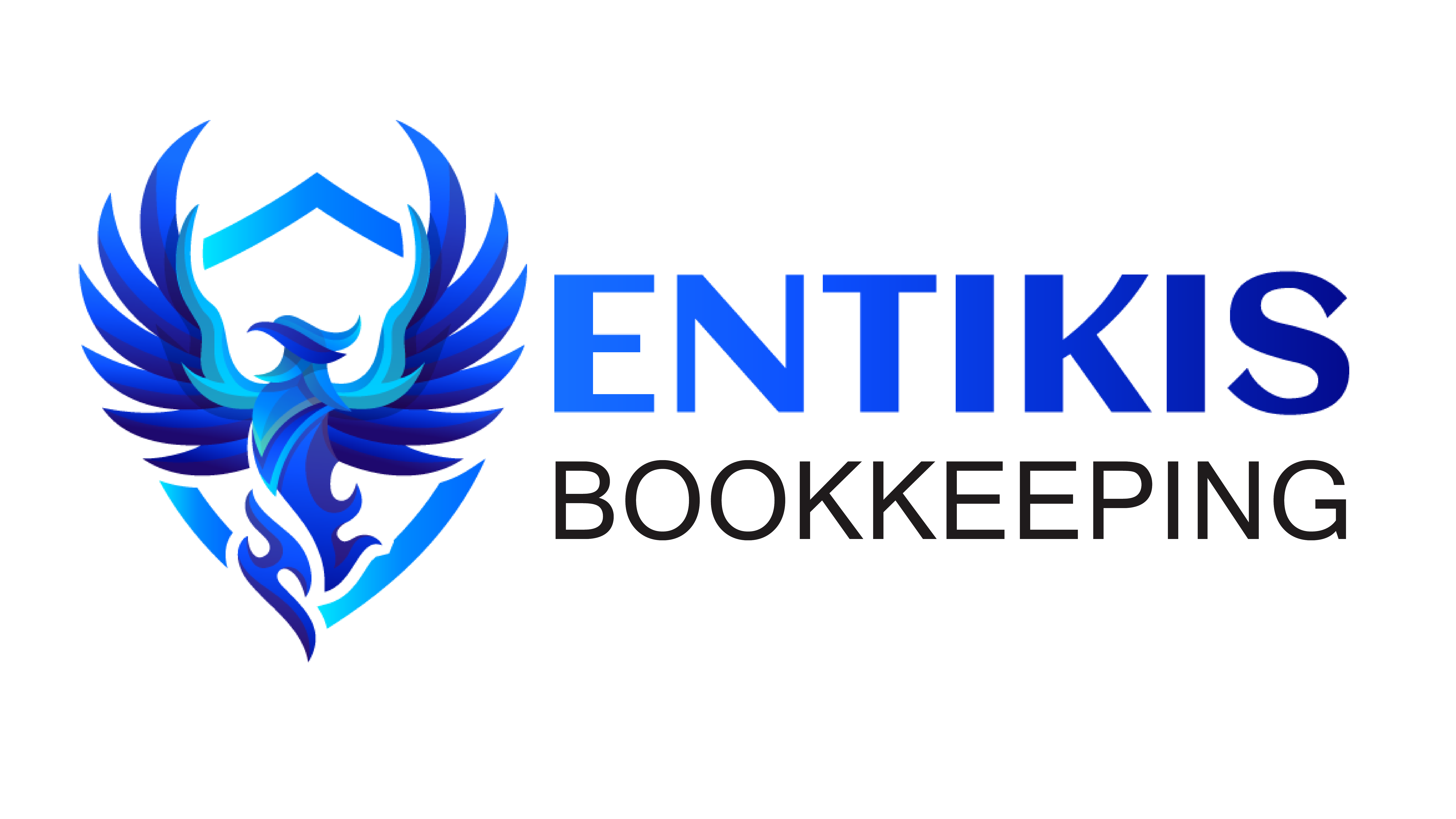When it comes to managing finances for a small business, the importance of choosing the right bookkeeping software cannot be overstated. These tools serve as the backbone of your financial management system, helping you track income and expenses, manage cash flow, and generate accurate financial reports. Moreover, they can save you valuable time and effort by automating repetitive tasks and reducing the likelihood of errors.
However, with the plethora of options available in the market, selecting the best bookkeeping software for your small business can be a daunting task. To help you navigate this decision-making process, let’s delve deeper into the features, benefits, and suitability of eight top bookkeeping software options:
The following are the Bookkeeping Software Options For Small Businesses
QuickBooks Online:
QuickBooks Online is one of the most popular bookkeeping software options for small businesses. It offers a range of features, including invoicing, expense tracking, bank reconciliation, and financial reporting. With its user-friendly interface and robust functionality, QuickBooks Online is suitable for a variety of industries and business sizes. It also integrates with many other business tools and apps, making it easy to manage all aspects of your finances in one place.
Xero:
Xero is another leading bookkeeping software platform designed for small businesses. Like QuickBooks Online, it offers features such as invoicing, expense tracking, bank reconciliation, and financial reporting. One of Xero’s key strengths is its focus on collaboration, allowing multiple users to access and update financial data simultaneously. It also integrates with a wide range of third-party apps, providing additional functionality and customization options.
FreshBooks:
FreshBooks is a cloud-based bookkeeping software solution that caters specifically to small service-based businesses and freelancers. It offers features such as time tracking, invoicing, expense tracking, and project management. FreshBooks is known for its intuitive interface and user-friendly design, making it easy for non-accountants to manage their finances effectively. It also integrates with popular payment gateways and other business tools, streamlining the invoicing and payment process.
Wave:
Wave is a free bookkeeping software option that is ideal for small businesses and freelancers on a budget. Despite being free, Wave offers a range of features, including invoicing, expense tracking, bank reconciliation, and financial reporting. It also provides additional tools such as receipt scanning and payroll processing, although some of these features may require a paid subscription. Wave’s simplicity and affordability make it a popular choice for small businesses just starting with bookkeeping software.
Zoho Books:
Zoho Books is part of the Zoho suite of business tools and offers comprehensive bookkeeping features for small businesses. In addition to standard features such as invoicing, expense tracking, and financial reporting, Zoho Books also includes inventory management and purchase order tracking. It integrates seamlessly with other Zoho apps as well as third-party applications, providing flexibility and scalability as your business grows.
Sage Business Cloud Accounting:
Sage Business Cloud Accounting, formerly known as Sage One, is a comprehensive bookkeeping software solution for small businesses. It offers features such as invoicing, expense tracking, bank reconciliation, and financial reporting. Sage Business Cloud Accounting also includes additional tools such as project tracking and multi-currency support, making it suitable for businesses with complex financial needs. It integrates with many popular business tools and offers customizable reporting options.
Kashoo:
Kashoo is a simple yet powerful bookkeeping software option designed for small businesses and freelancers. It offers features such as invoicing, expense tracking, bank reconciliation, and financial reporting. Kashoo’s standout feature is its usability, with an intuitive interface that makes it easy for non-accountants to manage their finances effectively. It also includes features such as multi-currency support and real-time collaboration, allowing multiple users to work on the same financial data simultaneously.
QuickBooks Desktop:
While many businesses prefer cloud-based bookkeeping software, QuickBooks Desktop remains a popular choice for those who prefer locally-installed software. It offers all the features of QuickBooks Online, including invoicing, expense tracking, bank reconciliation, and financial reporting, but with the added security and control of desktop software. QuickBooks Desktop is suitable for businesses that need robust bookkeeping functionality without relying on cloud-based solutions.
In conclusion, choosing the right bookkeeping software for your small business is essential for maintaining accurate financial records and gaining insights into your business’s performance. Whether you prefer a cloud-based solution like QuickBooks Online or Xero, a free option like Wave, or a locally-installed software like QuickBooks Desktop, there are plenty of options available to suit your needs and budget. Consider factors such as features, usability, integrations, and scalability when selecting the best bookkeeping software for your business. With the right tool in place, you can streamline your bookkeeping processes and focus on growing your business.
If You Are Looking For Professional Bookkeeping Services, Please Contact Us At Admin@Entikis.Com And 817-415-1715 To Learn More About How Entikis Bookkeeping Can Support Your Journey To Success! Located At 640 Taylor St Suite , Fort Worth, TX, United States, Texas. We Offer Professional Bookkeeping Services For Businesses In The Burleson, Fort Worth And The Surrounding Tarrant County Metroplex.





